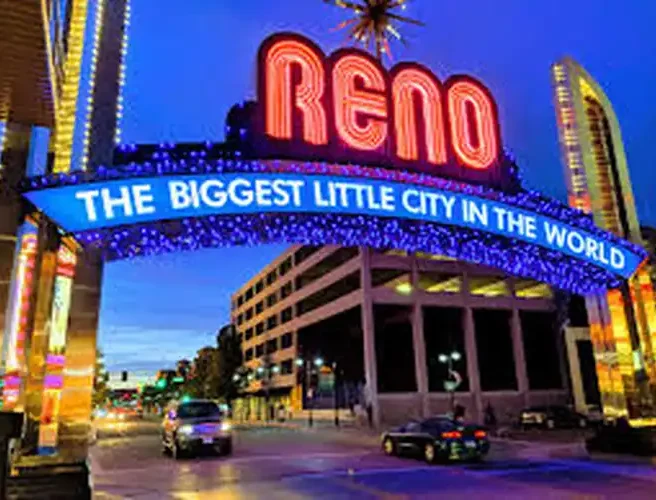In the Desert Southwest, cities like Reno are grappling with the challenges posed by extreme heat, which is exacerbated by climate change. Despite being recognized as the nation’s fastest-warming city for several years, Reno’s response to these heat waves is still developing. Officials like Brian Beffort, Washoe County’s sustainability manager, emphasize the importance of tree planting due to its multifaceted benefits, such as air purification and temperature reduction. However, he acknowledges that more comprehensive strategies are necessary.
In contrast, Las Vegas has implemented a system of cooling centers that open during extreme heat warnings. Northern Nevada, however, lags behind with fewer and less frequently available cooling centers, along with inadequate reporting of heat-related deaths and insufficient tree management on private property.
Efforts are underway to gather data to better understand and address the problem. The Reno-Sparks Heat Mapping project, for instance, highlighted the significant temperature differences between urban heat islands and greener areas. This data is crucial for developing effective heat mitigation policies.
Funding challenges have hindered progress, with the loss of a USDA grant that would have supported urban forestry efforts. Nonetheless, data collected from these initiatives is vital for advocating policy changes to address extreme heat.
The Nevada Heat Lab, formerly the Southern Nevada Heat Resilience Lab, is expanding its focus to address heat resilience statewide. The lab collaborates with local governments to improve heat response strategies, such as ensuring the availability of water at cooling centers and advocating for extended hours of operation.
Accounting for heat-related deaths remains inconsistent. While Southern Nevada has recorded numerous deaths attributed to heat, Washoe County’s figures are significantly lower, suggesting potential underreporting. Experts note that heat-related deaths are often undercounted nationwide.
The summit coincided with the enactment of Nevada’s Assembly Bill 96, which mandates heat mitigation plans for larger cities and counties by 2026. This legislation is seen as a crucial step towards more detailed planning and action.
Looking ahead, sustainability leaders in Northern Nevada stress the importance of public engagement in advocating for heat response measures. They believe that community involvement is essential for prompting elected officials to prioritize and implement policies addressing extreme heat.

























